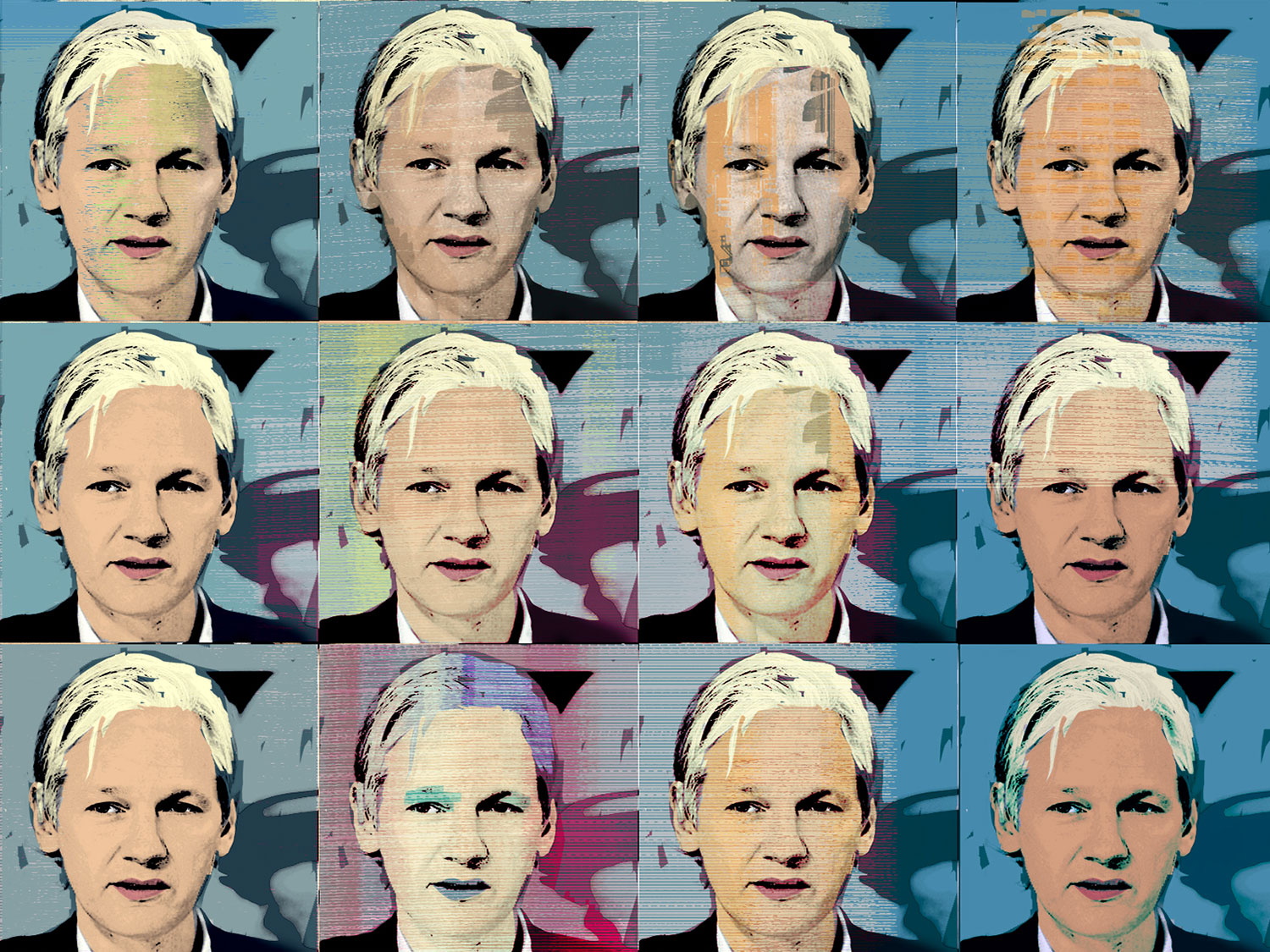Data Journalism: the Assange conundrum
Will Julian Assange’s celebrity status bring down Wikileaks?

Meanwhile Mark Stephens, lawyer for Julian Assange, had this to say about the fight against Assange’s extradition: “I used to represent Arthur Scargill, and the reality is that this is a dirtier fight than I had to fight against Thatcher on behalf of Scargill, and that is unusual. You don’t get this scummy very often. I feel like I have to go home and wash after I go to court on this. It’s been about smear and improper process all the way through.”
Stephens touched on something that we didn’t have time to expand on further, but I think is worth bringing up. Here he describes the growth of Wikileaks and the ‘outing’ of Assange as its leader:
“Julian accepts that he takes much of the credit and much of the detriment too. And part of that’s deliberate, because you have to remember if you go back into the history of Wikileaks everybody was anonymous, Julian wanted to be anonymous, because that suited the purpose of the organisation, and getting data out that other organisations couldn’t or didn’t have the balls to get out. And when Julian himself was outed, they [Wikileaks] had an internal discussion about whether or not they should all come out or what should happen. It was decided that he would carry on and be the out person so people could live more normal lives, they could have mortgages, look after their children, all those things which are less easy if you’re in the public eye and working for Wikileaks. The real challenge is the question of accountability. Whether you are a large, powerful, often corrupt business, or whether you’re large, powerful, corrupt government, it doesn’t much matter, Assange and Wikileaks have you by the tail and are going to hold you to account, as we’ve seen in Tunisia, as we have seen in Egypt, as we have seen in America.”
In putting his head above the parapet, Assange took on the brunt of Wikileaks detractors, and, whether he is innocent or guilty of the rape charges brought against him, invited what Stephens described as an extraordinary level of “special treatment” in his legal case: deeply unusual bail conditions and “hypersonic” efficiency in international arrest warrants and the like. But while Stephens couches Assange’s decision as noble in the above quote, has it really helped Wikileaks in its work, and by extension helped the wider public understand more about the “large, powerful, corrupt” forces in our society?
The leaker in the case of the MPs expenses has remained anonymous (and substantially remunerated), the glare of publicity kept squarely on those in the wrong and to a lesser extent, The Daily Telegraph. In becoming the public face of leaks, it’s arguable that Assange has shifted the spotlight unnecessarily away from Apache helicopter pilots and dodgy Russian oil pipeline deals, and is perhaps in danger of making Wikileaks unfit for purpose. That’s certainly the opinion of Daniel Domscheit-Berg, whose recently launched Openleaks platform is a calculatedly transparent alternative to Wikileaks, which attempts to be more of a mute middleman between leaker and media.
It’s going to be interesting to see first whether Wikileaks can withstand the wrath of those who would like to see it destroyed, and then whether it can survive in a rapidly diversifying leaks marketplace. As niche services like Greenleaks and Balkanleaks start up, Wikileaks could start to seem too big to be truly effective or nimble; Assange may also be seen to be too public a figure to entrust with your data, never mind the fact that it’ll be processed and disseminated by an anonymous Wikileaks staffer. Evgeny Morozov’s suggestion that Wikileaks should become an advocacy group for Internet freedoms seems slightly premature, but this could easily become its most useful role. It’s clear that this is one part of the news cycle where becoming a celebrity is damaging rather than something to be celebrated.
Assange’s vastly influential organisation remains relevant chiefly because of its lack of agenda outside of making information known, but that could also become its undoing. Those wanting to leak information may prefer to do so somewhere that more obviously shares their own agenda, hence the likely success of these niche services (assuming they can get their technological back end locked down). It would be a shame though if Wikileaks lost its big, single-minded influence, whether through competition or Assange’s overexposure. After all, it has so many people by the tail.
Art by a.powers-fudyma

Share
Tweet this Share on Facebook